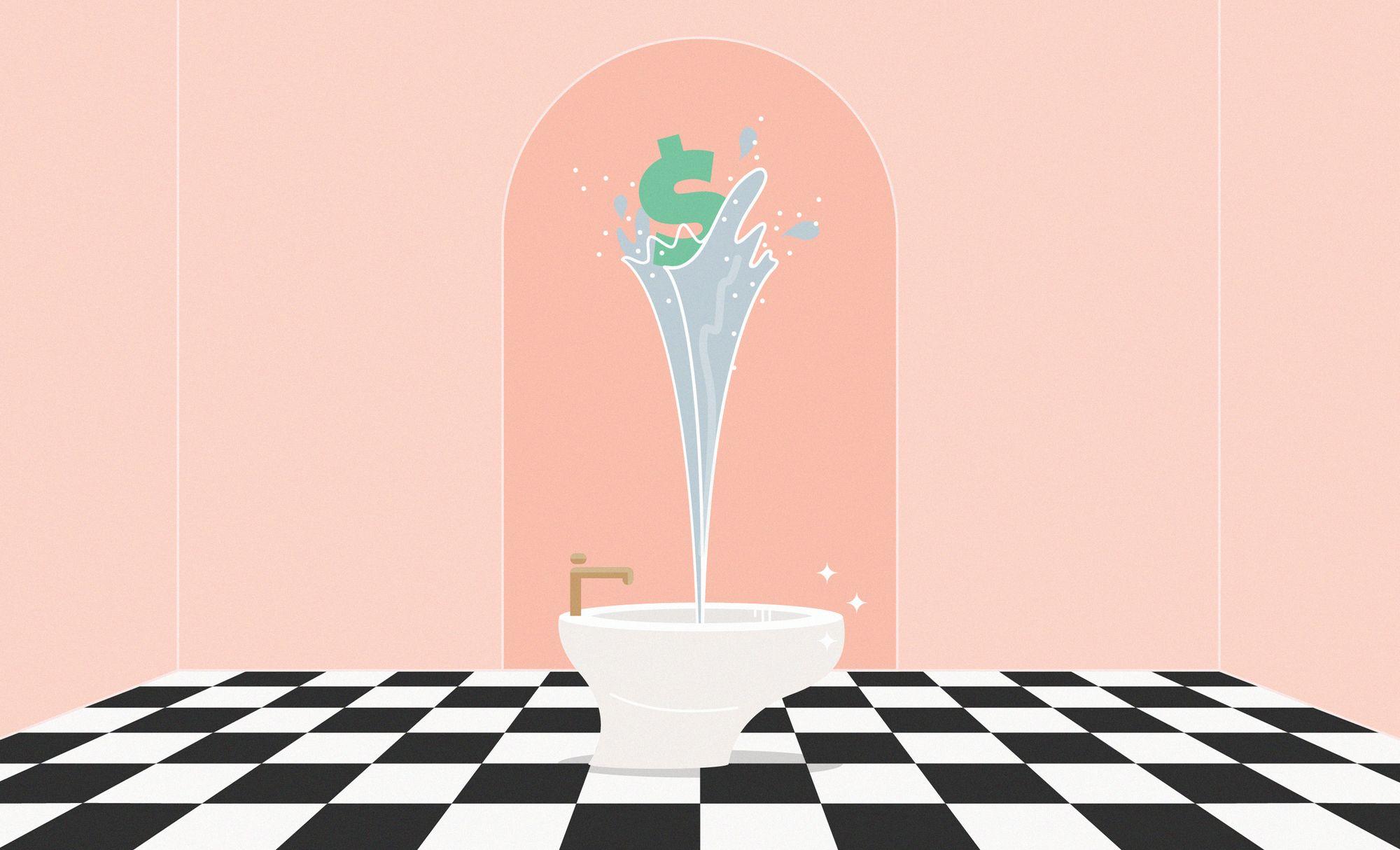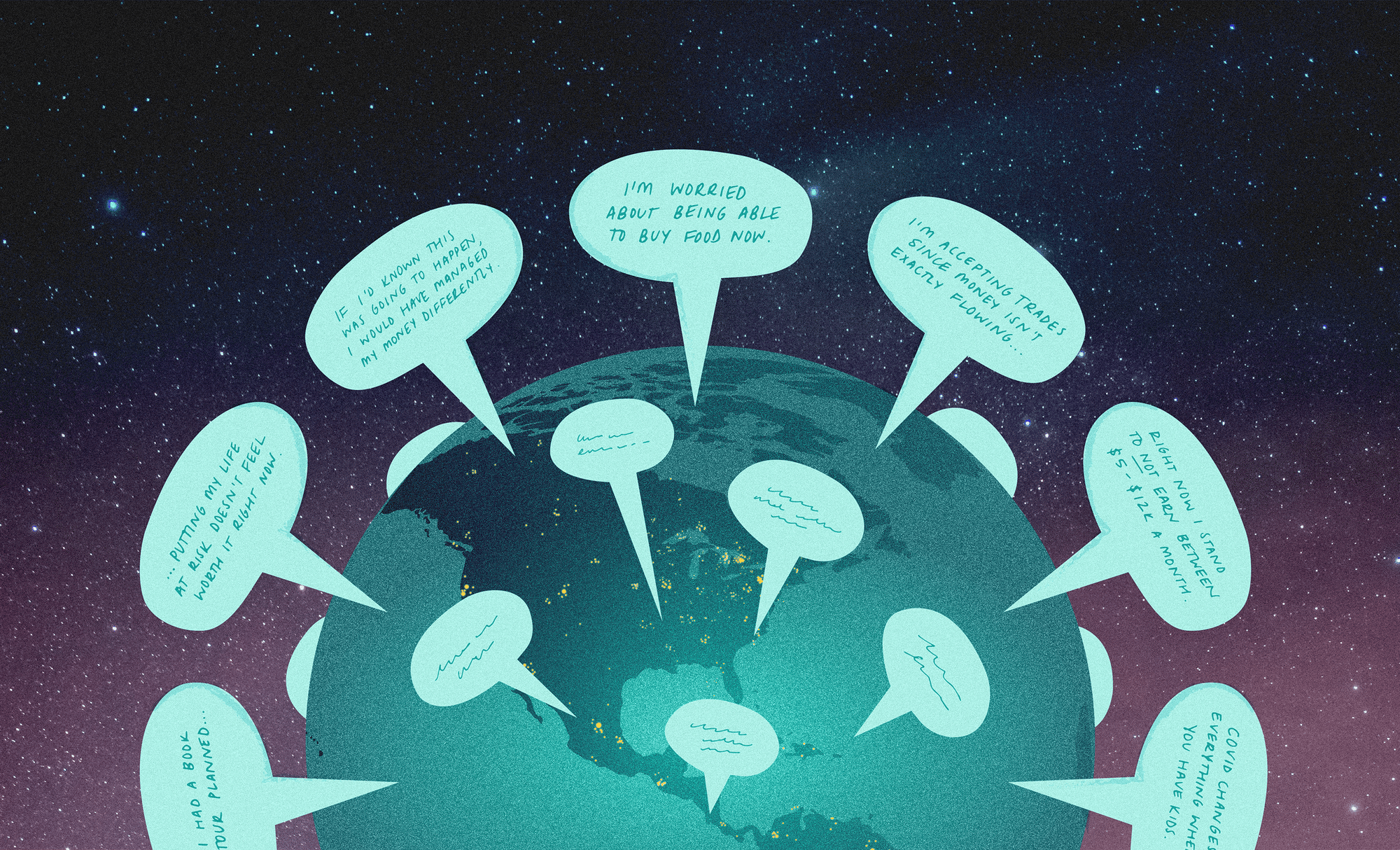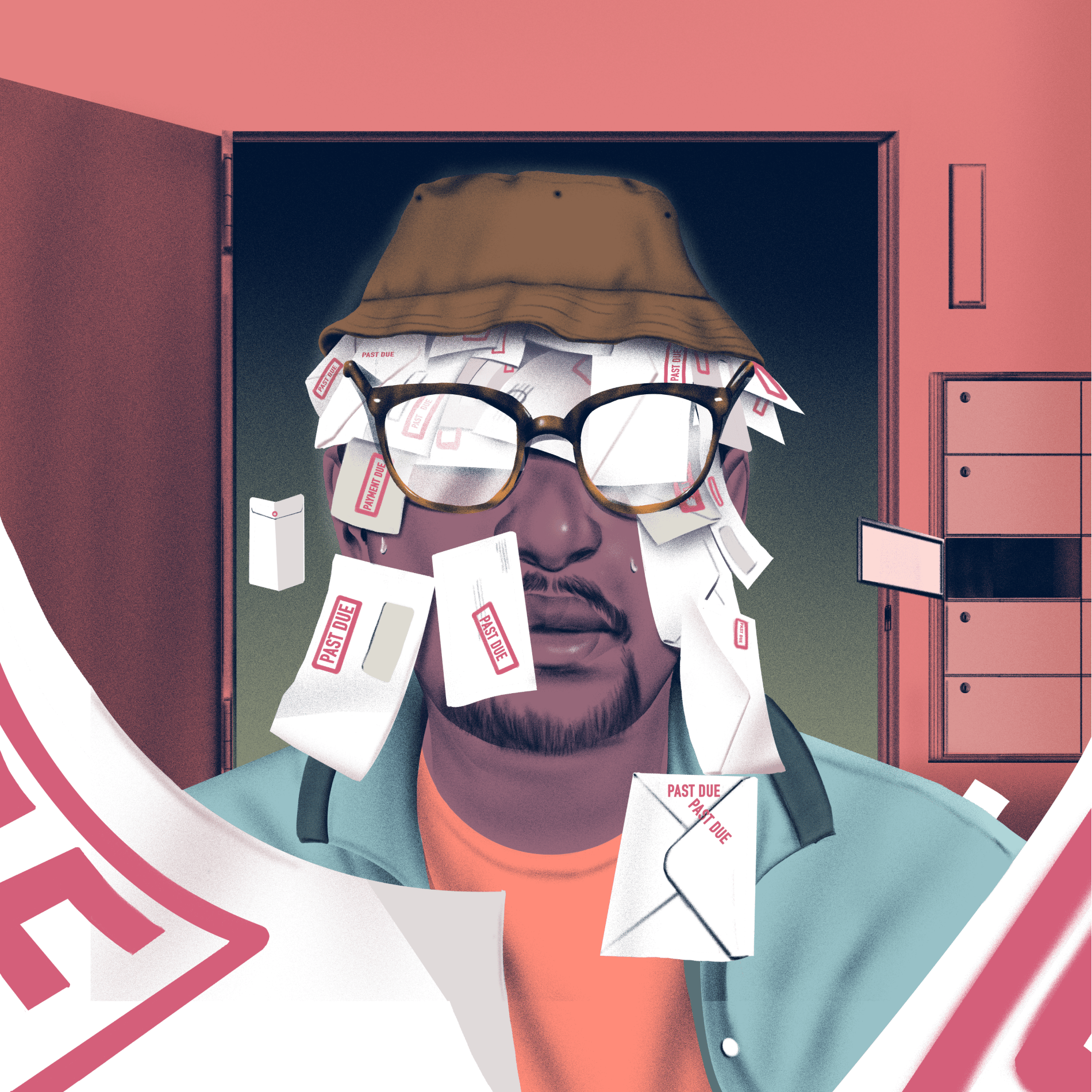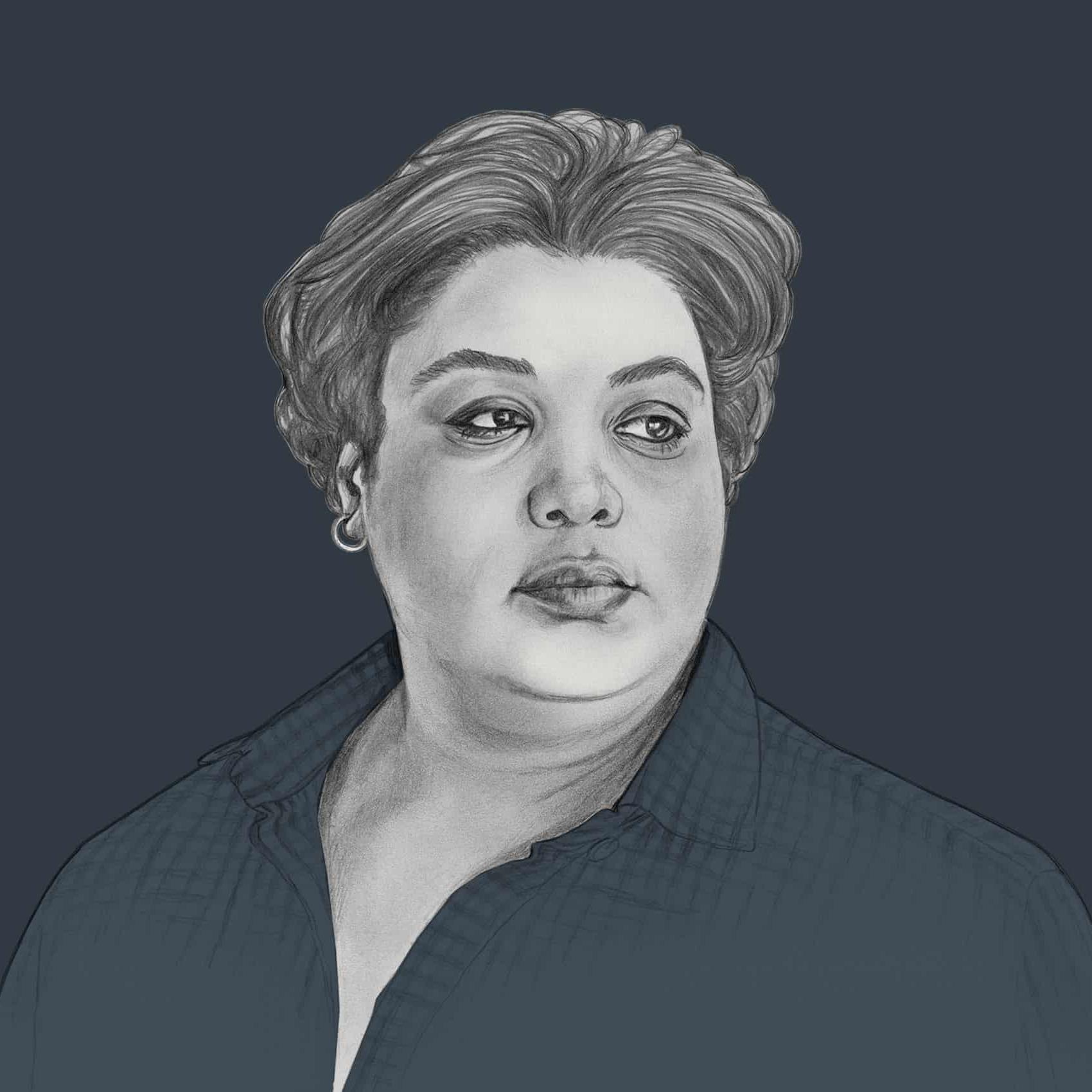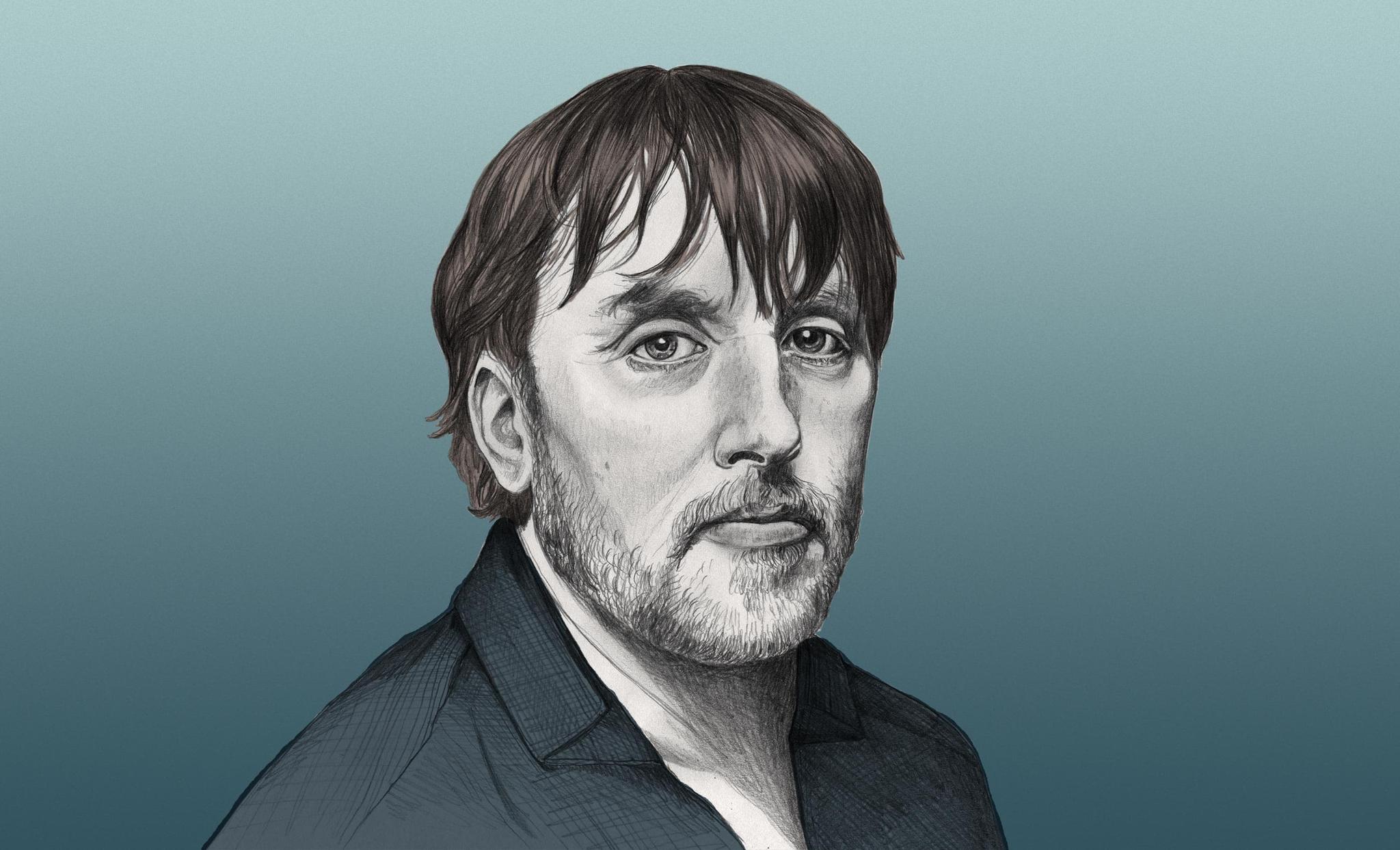
Money Diaries
Richard Linklater Tells Us Why He's Glad He Got Downsized.
The Oscar-nominated director of Boyhood talks to Wealthsimple about the blessings of bad jobs, not caring about money, and, yeah, getting laid off.
Wealthsimple makes powerful financial tools to help you grow and manage your money. Learn more
Wealthsimple is a whole new kind of investing service. This is the latest installment of our recurring series “Money Diaries,” where we ask interesting people to open up about the role money has played in their lives.
I grew up in East Texas, and my first official job was when I was 12, which was technically illegal, I believe, since I was too young. I did yard work at an apartment complex. Each apartment had its own tiny fenced-in backyard, and my job was to lug the lawnmower through each apartment, into the backyard, and mow the little patch of grass. I always felt like I was invading people’s space, these tiny patches, usually piled high with junk. It was shit work—the beginning of a long career of shit jobs.
My friends had connections. They got jobs that paid well—at a family store, say—while I worked as a busboy in some gnarly kitchen. I never had the connections. For me, it was always random, low-wage crap.
When you grow up pretty poor, you see money as the thing that will solve all of your problems. Having utilities shut off, having cars that break down so you have to walk or bum rides, seeing your parents freaking out—all of that misery and nervousness and pressure, you think it’s only about money. And there’s undeniably a “poor tax”: Poor people are penalized and treated differently. Living in Flint, Michigan, is the ultimate poor tax right now. The state officials decided, Hey, you’re poor; we’re gonna poison you guys. When you’re poor, it can be really, really hard to ever get over the hump.
Once you really don’t give a f#

Sign up for our weekly non-boring newsletter about money, markets, and more.
By providing your email, you are consenting to receive communications from Wealthsimple Media Inc. Visit our Privacy Policy for more info, or contact us at privacy@wealthsimple.com or 80 Spadina Ave., Toronto, ON.
But the truth is money doesn’t make you happy. Scientists have studied this. Once you have a reasonable level of comfort—you’ve got a roof over your head, you can pay your bills, your utilities aren’t being shut off, you can fix your car—having more money doesn’t really increase your happiness. Don’t get me wrong, having money is a lot better than not having money. But really, as soon as I had basic stability, I’ve been set ever since.
After I dropped out of college, I worked on an offshore oil rig for two and a half years. It was hard, often punishing work, but I managed to save $18,000, and I moved to Austin with dreams of writing and making films.
I got an apartment for $150 a month and tracked my spending meticulously. I wanted to make my savings last as long as possible and devote as much time and money as I could to my creative work without spending too much time working shit jobs. I had a notebook in which I’d record every purchase—movie tickets, tacos, a daily can of Pepsi.
The best advice I ever got about money was from a doctor I met a long time ago. He had plenty of money, and he told me, “Invest in yourself.”
One time, I accidentally unemployed myself. I was 27 years old, working at the Doubletree Hotel off I-35 in North Austin; at the time it was called La Mansion. I was the night bellman. I’d pick up folks at the airport, park people’s cars, whatever needed to be done.
One night, I picked up a guy at the airport who was about my age. He seemed pretty cool, and after a little bit of small talk, he asked how I liked my job. I said, “You know, I kinda love it! I only get paid five bucks an hour, plus tips, but I don’t have to do much!” I told him it was basically a “warm body” job—they needed someone to sit at the front desk from 11 at night to 7 in the morning, even if there wasn’t much to do. “I read,” I told him. “I write. I do whatever I’d be doing at home. Makes it easy to pay my rent.” In each eight-hour shift, I guessed, I probably did an hour to an hour and a half of actual work.
Recommended for you
“Huh,” he said.
“So what do you do?” I asked the guy.
“I’m the assistant regional manager for Doubletree.” We were driving past the Hyatt, and he went on a rant about Hyatt’s high occupancy rate and how there was no reason Doubletree shouldn’t be able to outperform them. All this market-speak. “We’re gonna kick their ass!” he went on. Of course, all I could think about was the fact that I’d just told this high-up guy in the company that I really didn’t do anything. And ten days later, the pink slip came in. They’d done away with my job. I’d downsized myself!
But there was a silver lining. Because I’d been downsized, I qualified for unemployment, about $120 a week. So I went to upstate New York and wrote for the summer. And having all that time to work on my writing without working a night job made a huge difference for me. Not long after, my filmmaking began to take off.
That Doubletree Hotel isn’t far from my daughter’s school, and we drive past it all the time. I’ve pointed it out to her: “See that place? That’s the last real job your dad ever had, the last honest buck I ever made!”
The best advice I ever got about money was from a doctor I met a long time ago. He had plenty of money, and he told me, “Invest in yourself.” That resonated with me. So what I did was buy a small building in Austin that I could use as an office and a base for my filmmaking. A space I could create in. And that made a bigger difference than I ever could have imagined.
The economics of filmmaking is always shifting, sometimes in good ways. For the super-low-budget indie film, it’s gotten even cheaper to start out. It used to cost $15,000 to $30,000 for a single 16mm print of your film. Now you don’t have to make a print. The low cost of filmmaking gear has democratized things; these days, truly anyone can make a film.
But on the high end, studios sometimes think the only way to get people into theatres is with a big-budget spectacle film. They’ll throw $30 million, $100 million at superhero action movies. The budgets I want to work with these days are around $10 million or under. It’s not a space the studios are used to working in. My last movie, Everybody Wants Some is a college comedy. It’s kind of an indie film, but a studio’s releasing it—since you're talking about a budget that's a lot smaller than most studio projects, it's not like they have much skin in the game.
Ultimately, for me, money is a bad motivator. I’m so blessed because I’ve never really done stuff for money. I just try to make the films I want to make and tell the stories I care most about. Once you really don’t give a fuck about money, it comes scratching at your door.
As told to Davy Rothbart exclusively for Wealthsimple. We make smart investing simple and affordable.
Wealthsimple's education team is made up of writers and financial experts dedicated to making the world of finance easy to understand and not-at-all boring to read.
